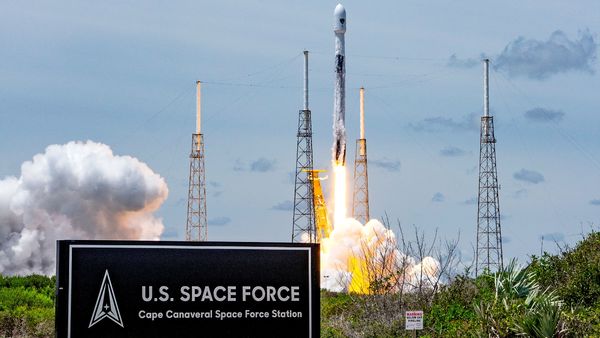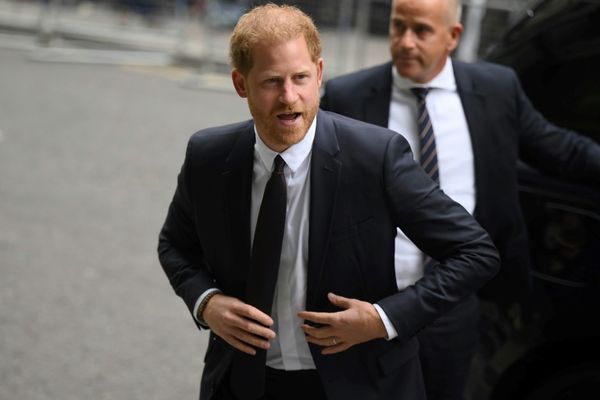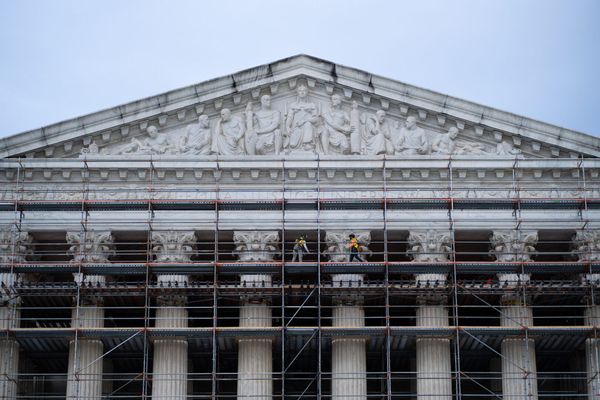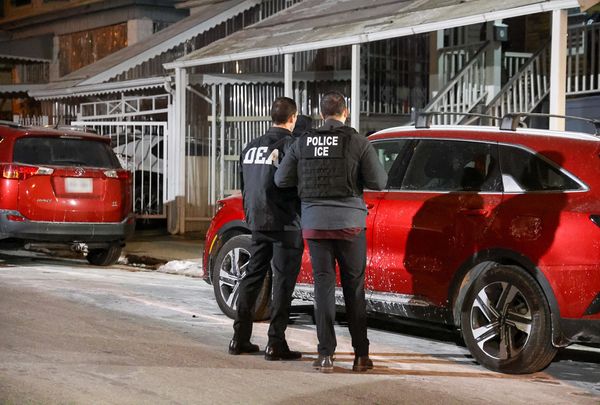There are fresh concerns that the Tasmanian government has secret plans to expand salmon farming to more areas of the state just days after releasing its 10-year plan to ensure the future sustainability of the industry.
Community group Neighbours of Fish Farming (NOFF) says it has been given maps that show the state government plans to allow access to large parts of the state's north-west, north and east coasts to salmon farming.
According to the maps, much of Tasmania's north and north-west coasts would be made available to fish farming, along with the east coast from the Freycinet Peninsula to existing operations at Storm Bay.
"We got those maps from within government, from people and industry who are deeply concerned themselves about where this salmon industry is going," said NOFF president Peter George after a public meeting in Cygnet, south of Hobart yesterday.
"It is the job of government to let people know what's happening, that's what transparency is all about."
The group says the maps were created in secret by the state government's Marine Spatial Planning Committee, which exists under Department of Primary Industries, Parks, Water and Environment (DPIPWE) to identify zones for fish farming, and are vastly different to the "grow" and "no grow" maps that the state government released in 2017 outlining the industry's future.
Former Greens leader Bob Brown said the maps showed much of Tasmania's coastlines were considered by the state government to be "up for grabs" for the salmon companies.
"Let's have the [state] government look at these maps and tell us they are not true, they're not going to happen, this expansion is not going to occur," Mr Brown said.
"The public is on the move here, we all have something to defend against this industry."
A state government spokesperson said there were no new or secret "grow" or "no grow" maps that had been developed.
Industry moving to land-based and off-shore model
The concerns about the industry's potential expansion into more waterways come days after primary industries minister Guy Barnett announced a 10-year plan for the state's salmon industry in state parliament on Thursday.
The plan, which will begin development over the next 12 months, pledges that there will be no net increases in water area leased to salmon companies, and there will be a focus instead on land-based and off-shore farming, including in Commonwealth waters.
Under the plan, the industry will be regulated by an independent EPA and a new fin fish compliance director, and lease and licence fees paid by salmon companies will also be reviewed.
The decade-long plan will begin in 2023, and there will be a moratorium on new leases opening up until then.
But opponents to industrial salmon farming say the plan doesn't prohibit salmon growers from moving their operations.
"If you read very carefully, what this 10-year plan means is that the salmon industry can go on doing exactly what it's doing now, which is destroying waterways and then when it's finally finished ... it can move on, without paying any form of reparations, to another area of the state and do exactly the same thing all over again," Mr George said.
No plans for coastal waterway expansion
Julian Amos from the Salmonid Growers Association said the industry had no plans to expand beyond where it already existed.
"The idea that the map is a prelude to salmon farms springing up all around the coastline is nonsense," he said.
Mr Amos said the map was drawn back in 2017 to suggest "no go" zones, but had been misinterpreted.
"The map has been more of a problem than it has been of assistance to everybody and it has given the wrong impression to those who are critics of the industry, that the industry is on a rampage. It simply isn't," he said.
Government minister Sarah Courtney said the recently outlined 10-year plan would provide a "blueprint" for a sustainable salmon industry into the future.
"That plan outlines particularly in state waters that there's not going to be any net increase in the size of that footprint and we're going to continue to work with the salmon producers around Tasmania about making sure that we can have a sustainable future," she said.
"What that plan does is provide certainty for local communities. It also provides certainty for the salmon industry so they can get on with their planning for the future.
"Wherever we are going to have salmon farming, whether it is off-shore or on-land there will still have to be, and there will be strict environmental restrictions around that to make sure that it is done in a sustainable way."







